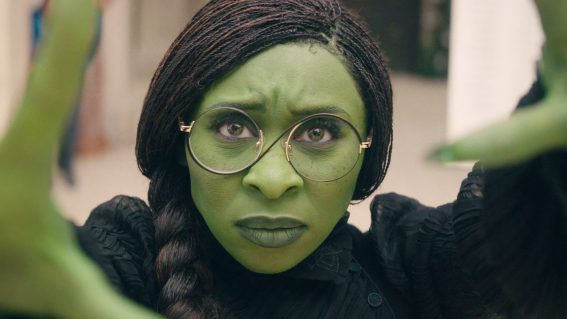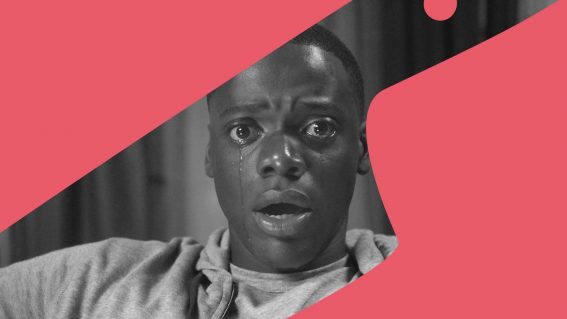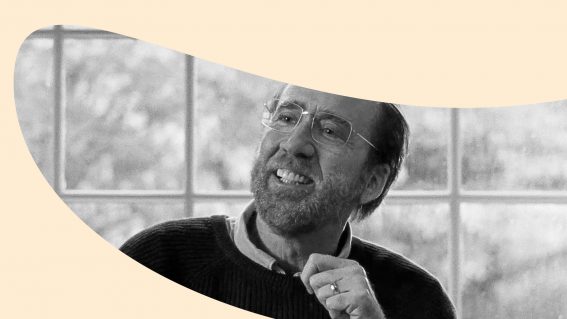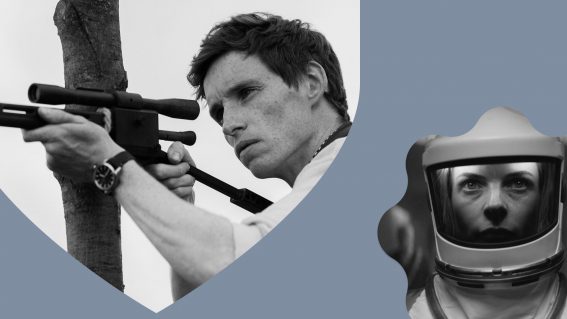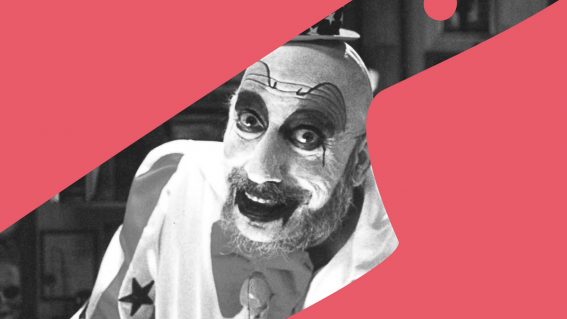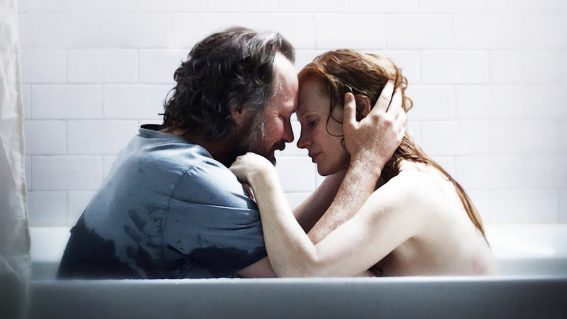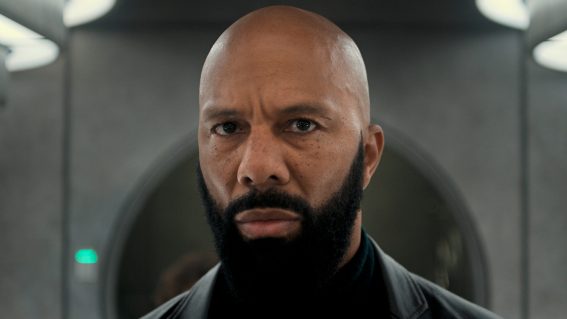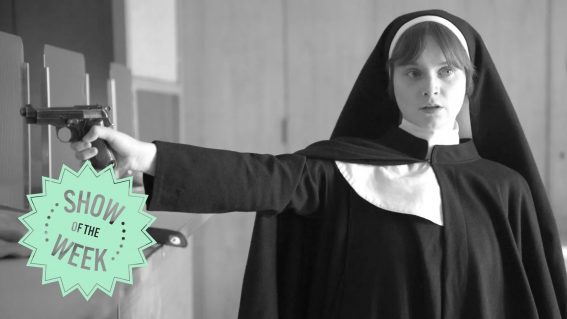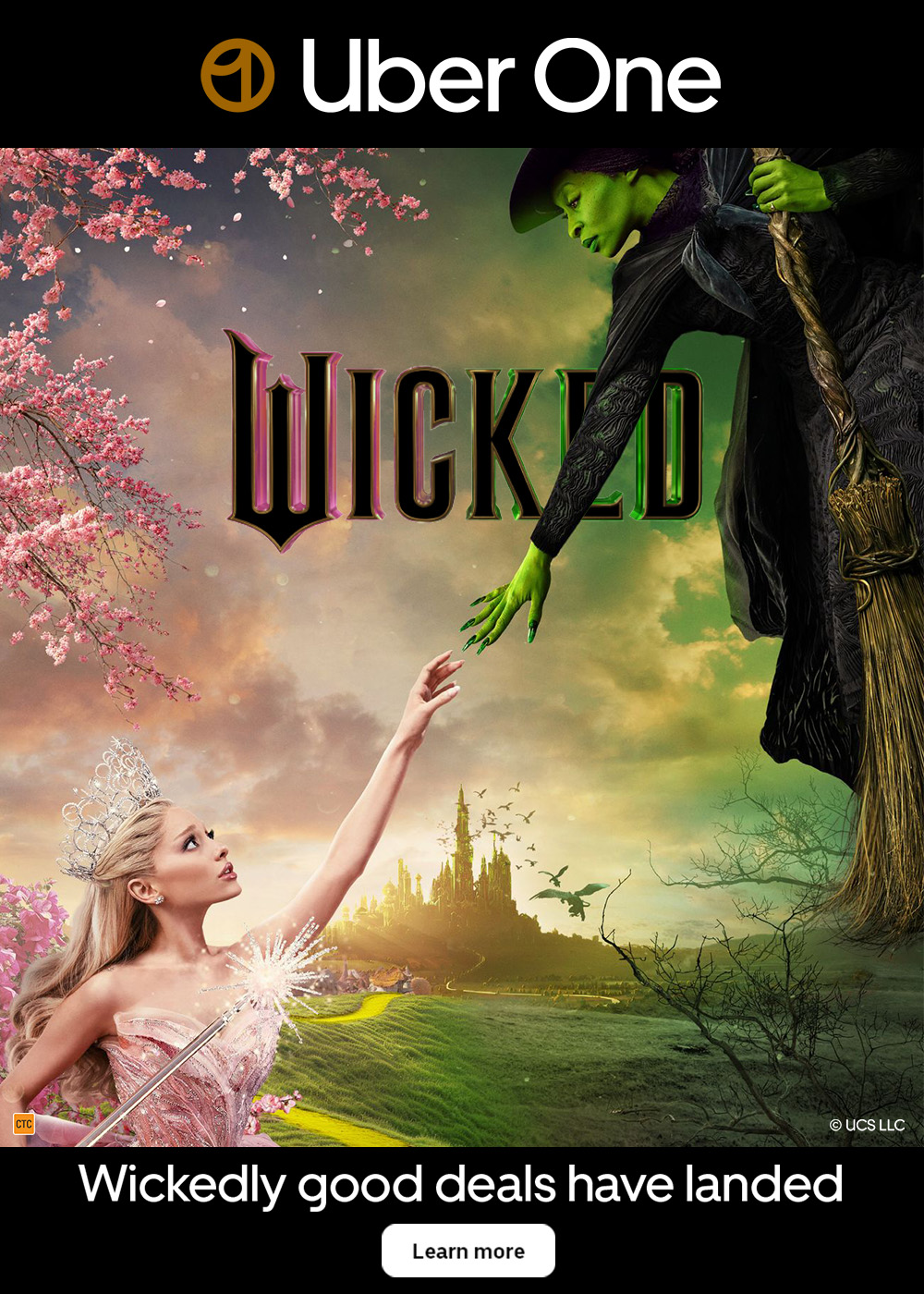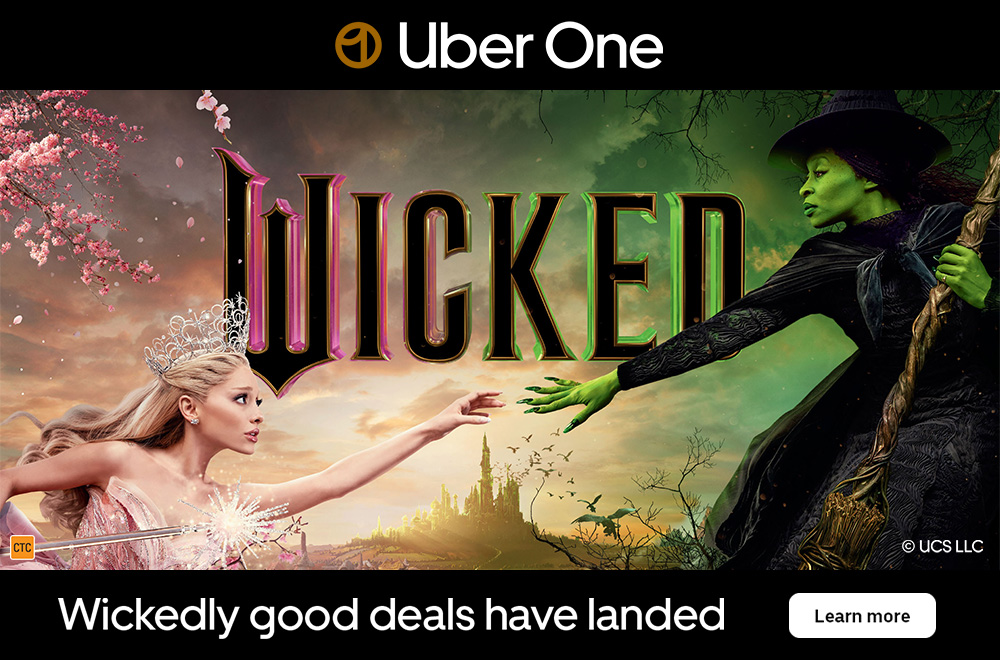Q&A with directors Jeremy Dumble & Adam Luxton – ‘We Feel Fine’
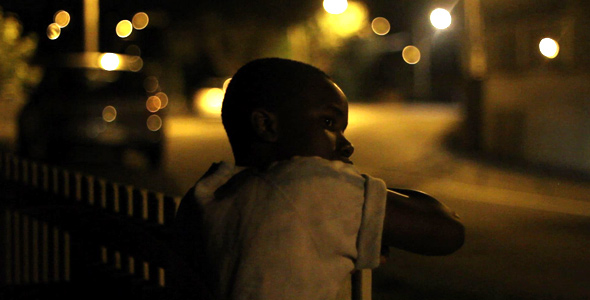
We Feel Fine is a low-budget drama set in Auckland, following a random collection of characters all connected via a bizarre video project. Features Morgana O’Reilly, a Florian Habicht cameo and music by Golden Axe.
We put out a few questions for directors Jeremy Dumble and Adam Luxton to answer…
FLICKS: Hello from Flicks. How are you doing?
DUMBLE & LUXTON: I feel fine.
What should people expect from We Feel Fine?
A thoughtful and often funny film about people stuck in a kind of hesitation about what to do with themselves, framed against an irreverent view of Auckland as a trashy, billboard infested motorway junction.
What are you trying to convey with the film?
We’ve always approached film from a kind of arthouse perspective. We are interested in ways of telling stories and conveying ideas that are new and unexpected, that don’t necessarily conform to the mold that commercial films (and almost all NZ films) do.
I guess the film we wanted to make was something that felt really intrinsically located here, and was expressed in a genuinely cinematic language. What we came up with was a kind of ‘serious comedy’ that explores what we consider to be the divergent and in many ways juvenile culture we call home.
Could you share your strongest memory from filming?
ADAM: This kind of surreal moment of holding an audition for one of the lead characters on the morning of the 4th day of a 12 day shoot. The audition didn’t go well, so I ended up playing the role of George. It’s not how things are meant to work.
JEREMY: Yeah, that sucked. But what I remember most was what a tight-knit, positive team we had working with us: Gayle Hogan did so much production work in such a short time on such a small budget, Ande Shurr, our incredible sound guy, Summer Agnew on main cam, just to name a few. They were all truly fantastic.
What first drew you to make a festival-oriented art film?
Utter boredom with the tripe that gets pumped out that’s exactly the same as all the other tripe. Outside of the festival Auckland is mostly a wasteland for anyone looking for smart and interesting films. So working as we did, totally independently, we were able to make the kind of film that we’d actually go see. Hence festival-oriented art film.
The way we portrayed NZ is consciously contrary to the NZ that is usually shown in films. It’s urban, it’s un-scenic. It’s not dramatic in the classical sense.
What thoughts about Aotearoa came to mind, or you were hoping to get across, while making the film?
Well, for quite a few years we’ve been amazed at the number of NZ films that are about kids, usually framed as coming-of-age films, with the story often heavily framed through a kind of nostalgia. Some really good films even fit this pattern, but we were certain we wanted to take a different approach. Because its basically a fantasy.
So the way we portrayed NZ is consciously contrary to the NZ that is usually shown in films. It’s urban, it’s un-scenic. It’s not dramatic in the classical sense, is more about moments in between action and drama, the moments of hesitation and uncertainty that make up large swathes of our mostly unseen lives. And the kid in the film is the only one who is not going through some kind of coming-of-age. He’s the only grown up in a way. So that’s kind of a vision of Aoteoroa I guess.
If you could make a film about anyone living or dead who would it be?
ADAM: Bruce Russell. An improvised sound worker, and generally belligerent anti-
JEREMY: I think some sort of fly-on-the-wall documentary about Thomas Pynchon that didn’t actually let on it was him.
What was the last great film you saw?
ADAM: I saw Rocky on the plane back from Germany. I’d never seen it and was shocked at how good it is. I saw The Turin Horse at the last Berlinale, and re-watched 35 Shots of Rum by Claire Denis, who is my favourite.
JEREMY: Great doesn’t come around too often. Maybe last year when I saw Once Upon a Time in Anatolia.
Florian Habicht told me to get a camera.
He couldn’t believe I didn’t have one.
What’s the best piece of advice you’ve ever been given?
ADAM: Florian Habicht told me to get a camera. He couldn’t believe I didn’t have one. I’ve got one now and it was the best thing I ever did for my filmmaking.
JEREMY: It’s not advice per se, but watching my son learn to walk was pretty amazing. How he’d keep falling over and do himself some serious damage then just get back up and try again, and again…
What are you thinking about doing next?
Got a couple of scripts and a documentary project that I really like. We Feel Fine was a great learning curve for working in a really achievable low-budget way. The only thing I want to change is being able to pay crew a professional wage and have more time to work. I don’t want a lot of money to make a film, just a enough to get people to commit to it and invest themselves.


